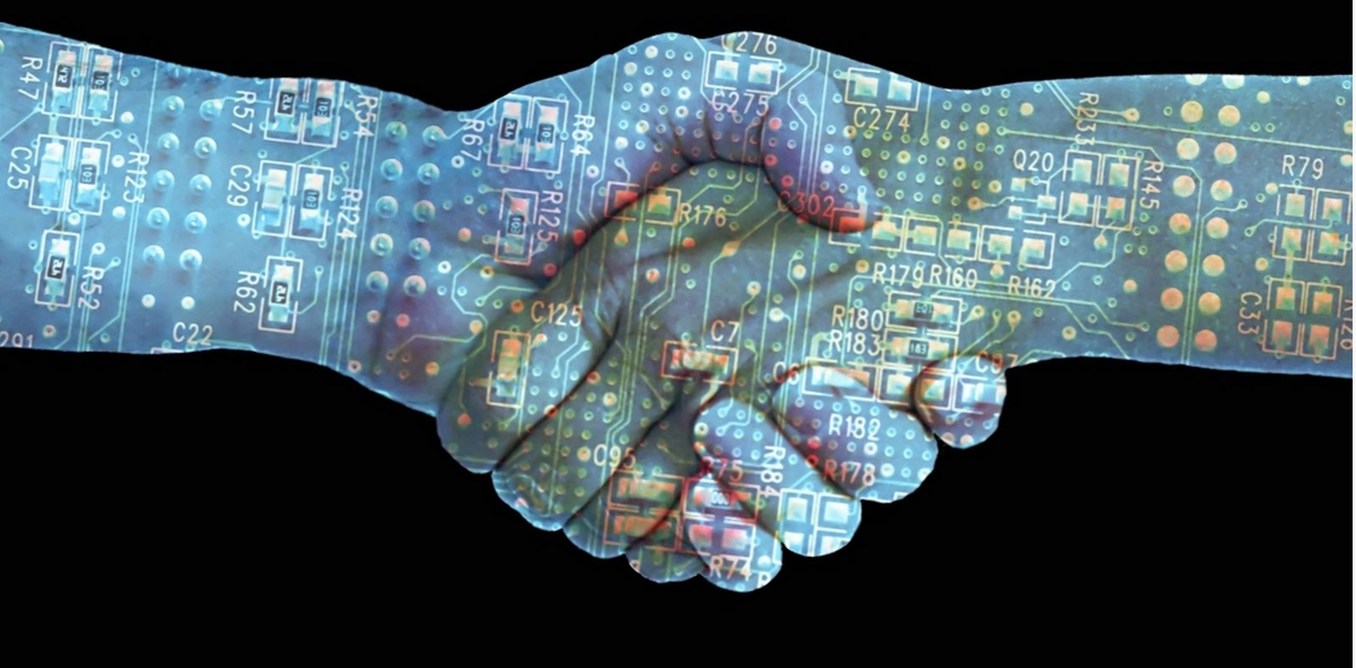advertisement
The Economic Benefits of expanding Digital Trust
A simulation conducted by the IBM Chief Economist’s office of the digital adoption of blockchain on the economies of Kenya,…

A simulation conducted by the IBM Chief Economist’s office of the digital adoption of blockchain on the economies of Kenya, Nigeria and South Africa found lower prices and significant improvements in real GDP and fiscal balances across each country.
These findings are detailed in a new book called Digital Revolutions in Public Finance, published by the International Monetary Fund.
Blockchain gained notoriety as the technology underpinning the digital currency Bitcoin, but its uses go far beyond payments. Blockchain puts data into shared, distributed ledgers that allow every participant access to the entire history of a transaction using a “permissioned” network—one that is highly secure and can distinguish who can see what.
advertisement
Blockchain data can be used in tandem with artificial intelligence (AI) to gain valuable insights and detect patterns in nearly-real time. An AI system like IBM Watson can employ such data to generate hypotheses, piece together reasoned arguments, and make recommendations for action.
The IBM simulation was based on using blockchain to reduce the cost of transportation expenses involved in shipping goods. This need is by no means limited to developing countries. Despite broad technological progress, modern transaction systems remain heavily burdened by antiquated practices. This creates “friction” that slows global commerce and hinders service delivery of all kinds.
Banks, for example, still issue letters of credit to importers, a practice that has remained virtually unchanged for 700 years since its origin in medieval Italy. The practice requires the costly and time-consuming entry of a banking intermediary into many transactions. Cross-border regulations, customs delays, fraud and corruption are also frictions that add a significant layer of costs, time, and complexity to global trade and business flows.
advertisement
Blockchain and AI can help reduce or eliminate these frictions by instilling “digital trust” in transactions. IBM and Everledger, a company that tracks and protects high-value goods, have built a system based on this approach.
It applies AI to analyze secure data on one million diamonds that are kept on a blockchain in a fraction of the time humans could do this. Among other things, the platform ensures that diamonds are authentic and compliant with thousands of regulations, including those imposed by the United Nations to prevent the sale of conflict diamonds.
Friction not only inhibits trade and business flows, it also inhibits people. Small farmers may consider the costs involved in shipping produce overseas—from bank fees to paperwork to bribes—and decide it is simply not worth the effort to try to sell outside of local markets.
advertisement
Digital technologies can remove barriers to economic participation by lowering costs and simplifying administrative processes. For example, blockchain eliminates the prospect that a trading partner will have to engage in an expensive and time-consuming audit should a transaction with a smaller, lesser-known party go wrong.
With a single version of transaction data on a ledger, all the required information to settle a dispute may be evident and visible to everyone who has permission to see it. The audit trail is laid out in one place and there is no need to involve costly intermediaries.
IBM estimates that more than $300 billion in the underlying costs of global commerce can be optimized with digital technologies like AI and blockchain.
The good news for governments is that blockchain and AI can be adopted at relatively low cost through the internet and cloud computing. Moreover, the benefits of these technologies have been shown so far to require few changes to legal and regulatory frameworks. However, private sector cooperation and participation are essential. Businesses must agree to a new set of government policies on transactions and data-sharing built around blockchain.
The democratization of secure transaction processing depends on effective public-private partnerships. National governments have every incentive to create them. Millions who have been denied access to the marketplace will benefit from the removal of friction from international commerce. Expanding digital trust can pave the way to a new era of global prosperity and growth.
(The author is Senior vice president, Hybrid Cloud and director, IBM Research and Solomon Assefa, Director- IBM Research Africa)